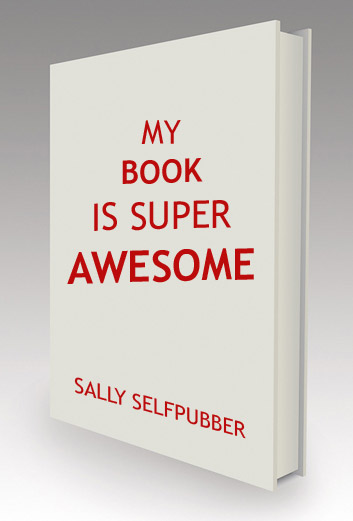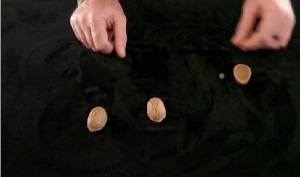The following is a guest post by Grant Piercy. Thanks for a great post, Grant!
 So you’re in the process of writing your masterpiece. Say you’re in the car, contemplating your work-in-progress, and a song comes on the radio. You hear some great lyric that somehow clicks with your manuscript; it applies so well that you want to share it, either in text or as a preface to the work. Or maybe you just have a character listening to or singing the song.
So you’re in the process of writing your masterpiece. Say you’re in the car, contemplating your work-in-progress, and a song comes on the radio. You hear some great lyric that somehow clicks with your manuscript; it applies so well that you want to share it, either in text or as a preface to the work. Or maybe you just have a character listening to or singing the song.
Stephen King does it. Bret Easton Ellis does it. Alan Moore does it. Why can’t you? It doesn’t help that there are hundreds of Web sites out there built on posting lyrics. People quote lyrics, somewhat annoyingly, on their Facebook and Twitter accounts.
Later, when you’re thinking of actually publishing your literary masterpiece, thanks to Kindle’s easy-to-use self-publishing tools, or those of Barnes & Noble’s Pubit, or Apple’s iBooks, etc., you begin to wonder. “Are there any legal ramifications to publishing someone else’s lyrics in my work? It’s only one line, what damage could it do?”
Let me make this perfectly clear. Unless you want to pay royalties to someone else, or you want to limit your print run (self-publishing e-suicide), you probably don’t want to quote lyrics.
I understand. It’s going to be different for you. You’ve heard this before from some other author who couldn’t get the job done. You’re going to quote your favorite artist and that artist is going to think your work is awesome and point to it and say, “Look. This guy quoted me. This book is awesome.”
No. No. No.Continue Reading
 A coworker recently told me a story of working at a music store in the early 90’s. On Super Bowl Sunday,
A coworker recently told me a story of working at a music store in the early 90’s. On Super Bowl Sunday,  There was a time when publishing a book was pretty straightforward; you had two courses. One: find an agent to represent you, seek a publisher who in turn will produce and promote your book and pay you for the privilege of doing so. Two: take your manuscript to a vanity press and pay them to produce your book so you could promote and sell it yourself.
There was a time when publishing a book was pretty straightforward; you had two courses. One: find an agent to represent you, seek a publisher who in turn will produce and promote your book and pay you for the privilege of doing so. Two: take your manuscript to a vanity press and pay them to produce your book so you could promote and sell it yourself. Recently, with the emergence of one Publish-on-Demand service (POD) after another, there seems to have been an explosion of self-published works. Some might even view this as the being a new way to be published, but they’d be misinformed. Self-publshing has been around for as long as there have been books. In fact, in the field of book creation, professional publshing houses are Johnny-come-latelies.
Recently, with the emergence of one Publish-on-Demand service (POD) after another, there seems to have been an explosion of self-published works. Some might even view this as the being a new way to be published, but they’d be misinformed. Self-publshing has been around for as long as there have been books. In fact, in the field of book creation, professional publshing houses are Johnny-come-latelies. If you’d have asked me a year ago about self publishing, I would have given you all sort of persuasive reasons why it wasn’t right for me. A year ago, it wouldn’t have been right, not because of any intrinsic problem with going ‘indi’, but primarily because I hadn’t educated myself about the process.
If you’d have asked me a year ago about self publishing, I would have given you all sort of persuasive reasons why it wasn’t right for me. A year ago, it wouldn’t have been right, not because of any intrinsic problem with going ‘indi’, but primarily because I hadn’t educated myself about the process. We're
We're 








